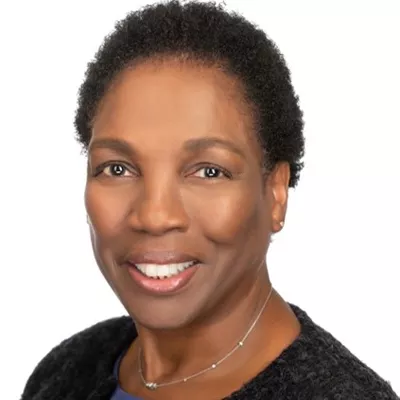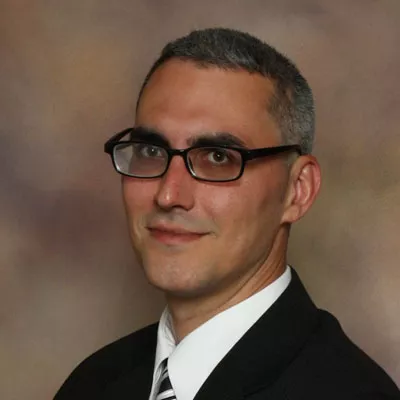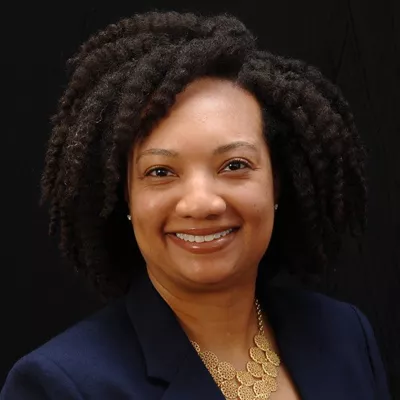This lecture will discuss how to get started in African American research. The objective of this presentation will be to research African Americans before the Civil War – either as an enslaved or free person. It will introduce Antebellum Era records such as: newspapers, slave schedules, church records, tax records, free people of color registers, plantation records, and probate records. It will also cover methodology for enslaved research.





You should receive a confirmation email with a link to the webinar soon.
You’ll also receive a reminder both the day before and one hour before the webinar begins.
Didn’t receive a confirmation email?
You successfully registered for %s.
You should receive a confirmation email with a link to the webinar soon.
You’ll also receive a reminder both the day before and one hour before the webinar begins.
Didn’t receive a confirmation email?
To ensure a smooth, high-quality webinar experience, check the quality of your internet connection and make sure you have an updated version of Java.
On the day of the webinar, connect 30–40 minutes before and turn off any background software. If you can’t tune in live, you can view the recording later in the Webinar Library.
Questions? Contact us or read our FAQ.
It looks like you’re already registered for this webinar
You can register for another webinar.
Didn’t receive a confirmation email?
It looks like you’re already registered for these webinars
You can register for another webinar.
Didn’t receive a confirmation email?
Something happened on our end, sorry about that
We were unable to complete your registration.
Please try again later.



